Any advice?
efmiller
20 years ago
Related Stories

TASTEMAKERSBook to Know: Design Advice in Greg Natale’s ‘The Tailored Interior’
The interior designer shares the 9 steps he uses to create cohesive, pleasing rooms
Full Story
KITCHEN STORAGEKnife Shopping and Storage: Advice From a Kitchen Pro
Get your kitchen holiday ready by choosing the right knives and storing them safely and efficiently
Full Story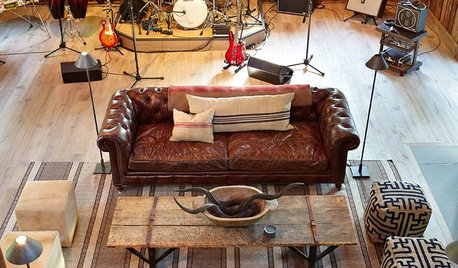
THE ART OF ARCHITECTURESound Advice for Designing a Home Music Studio
How to unleash your inner guitar hero without antagonizing the neighbors
Full Story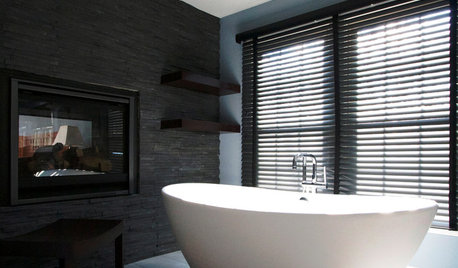
BATHROOM DESIGNDreaming of a Spa Tub at Home? Read This Pro Advice First
Before you float away on visions of jets and bubbles and the steamiest water around, consider these very real spa tub issues
Full Story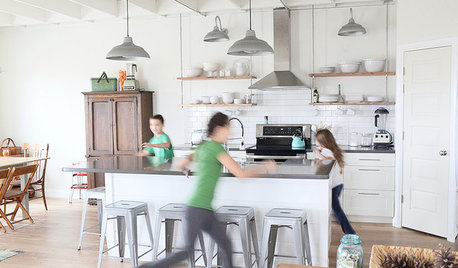
LIFEGet the Family to Pitch In: A Mom’s Advice on Chores
Foster teamwork and a sense of ownership about housekeeping to lighten your load and even boost togetherness
Full Story
DECORATING GUIDES10 Design Tips Learned From the Worst Advice Ever
If these Houzzers’ tales don’t bolster the courage of your design convictions, nothing will
Full Story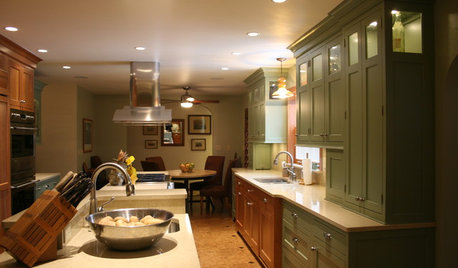
KITCHEN DESIGNSmart Investments in Kitchen Cabinetry — a Realtor's Advice
Get expert info on what cabinet features are worth the money, for both you and potential buyers of your home
Full Story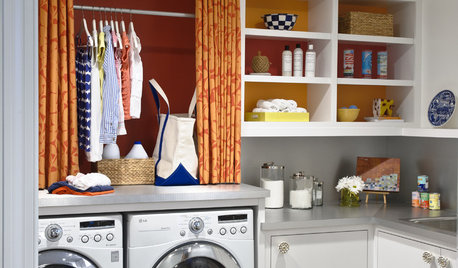
REMODELING GUIDESContractor Tips: Advice for Laundry Room Design
Thinking ahead when installing or moving a washer and dryer can prevent frustration and damage down the road
Full Story
FARM YOUR YARDAdvice on Canyon Farming From L.A.'s Vegetable Whisperer
See how a screened garden house and raised beds help an edible garden in a Los Angeles canyon thrive
Full Story
DECORATING GUIDESDecorating Advice to Steal From Your Suit
Create a look of confidence that’s tailor made to fit your style by following these 7 key tips
Full StorySponsored






mgmsrk
efmillerOriginal Author
Related Professionals
Alafaya Solar Energy Systems · Half Moon Bay Solar Energy Systems · Hinsdale Solar Energy Systems · Lodi Solar Energy Systems · Palo Alto Solar Energy Systems · Riverside Solar Energy Systems · Converse Home Builders · Dardenne Prairie Home Builders · Immokalee Home Builders · Landover Home Builders · Monticello Home Builders · Ocean Acres Home Builders · Seymour Home Builders · Hudson Roofing & Gutters · West Orange Roofing & GuttersClara_Listensprechen
Pooh Bear
mgmsrk
energy_rater_la
Pooh Bear
Pam Honeycutt
rjoh878646
jraabe
efmillerOriginal Author
Steve_889
Steve_889
efmillerOriginal Author
mgmsrk
reyesuela
mgmsrk
joyfulguy
efmillerOriginal Author
reyesuela
Pooh Bear
mgmsrk
Steve_889
joyfulguy
RCMJr
jeremy101
joyfulguy
joyfulguy
leeshu
joyfulguy